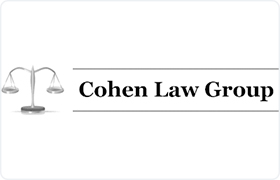New Town Foreclosure Lawyer, Massachusetts
Sponsored Law Firm
-
 x
x

Click For More Info:
-
Cohen Law Group
500 Commercial St Unit 4R Boston, MA 02109» view mapBusiness, Real Estate, Accident & Injury Over 50 Years Of Experience
With over 50 years of experience, the Cohen Law Group is a well-established law firm located in the heart of Boston’s historic North End.
800-790-5110
James H. Krumsiek
Banking & Finance, Bankruptcy, Commercial Real Estate, Foreclosure
Status: In Good Standing
FREE CONSULTATION
CONTACTNicholas I. McDonald
Corporate, Commercial Real Estate, Employment, Foreclosure
Status: In Good Standing
Daniel S. Bleck
Foreclosure, Health Care Other, Business Organization, Bankruptcy
Status: In Good Standing
David A. Gilbert
Corporate, Family Medical Leave Act (FMLA), Workout, Foreclosure
Status: In Good Standing
Kevin J. Walsh
Foreclosure, Business Organization, Credit & Debt, Bankruptcy
Status: In Good Standing
Mary Lee Moore
Foreclosure, Family Medical Leave Act (FMLA), Merger & Acquisition, Workout
Status: Inactive
Frederick J. Pittaro
Banking & Finance, Foreclosure, Workout, Merger & Acquisition
Status: In Good Standing
 Herbert Cohen Boston, MA
Herbert Cohen Boston, MA Practice AreasExpertise
Practice AreasExpertise
